Beauty comes at a price. The cosmetics and personal care industry is a major contributor to climate change, since it drives deforestation and produces around 120 billion units of plastic waste each year. Meanwhile, animal testing and exploitation of labor also present major ethical concerns. However, it’s not all doom and gloom. With a little thought and care, it’s possible to create a more ethical beauty routine that doesn’t harm animals or the planet. Here’s how to do it.
Disclaimer: this post contains some affiliate links. When you make purchases through my links, I may earn a commission at no extra cost to you. Thank you for your support!
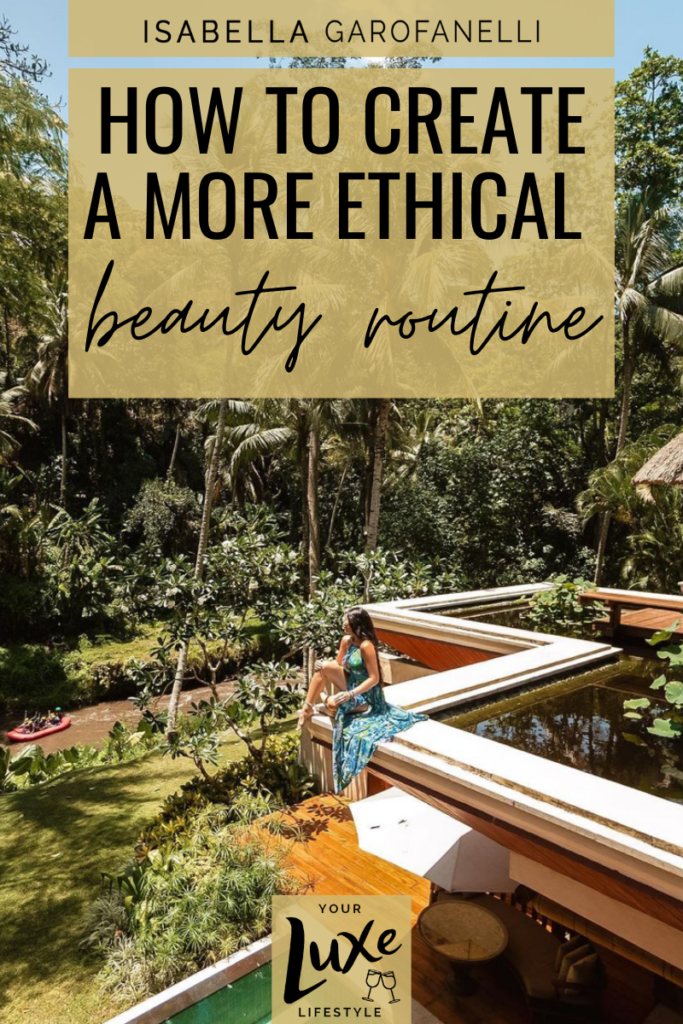

Swap Your Products Slowly
Buying ethical and eco-friendly products is a big part of creating a more ethical beauty routine but don’t throw all of your products in the trash and rush out to buy new ones; that’s actually a very wasteful thing to do. Replace your products as and when you need to and make sure you use up the ones you’ve already purchased. The damage has been done, so to speak, so it’s best not to create further waste by failing to even use these products. Plus, making gradual changes allows you to get used to your new routine and find the products which work best for you.


Bars Over Bottles
One of the biggest problems with the beauty and personal care industry is that it’s a major contributor to plastic waste, so switching to packaging-free shampoo, conditioner and soap bars is an amazing way to shrink your plastic footprint.
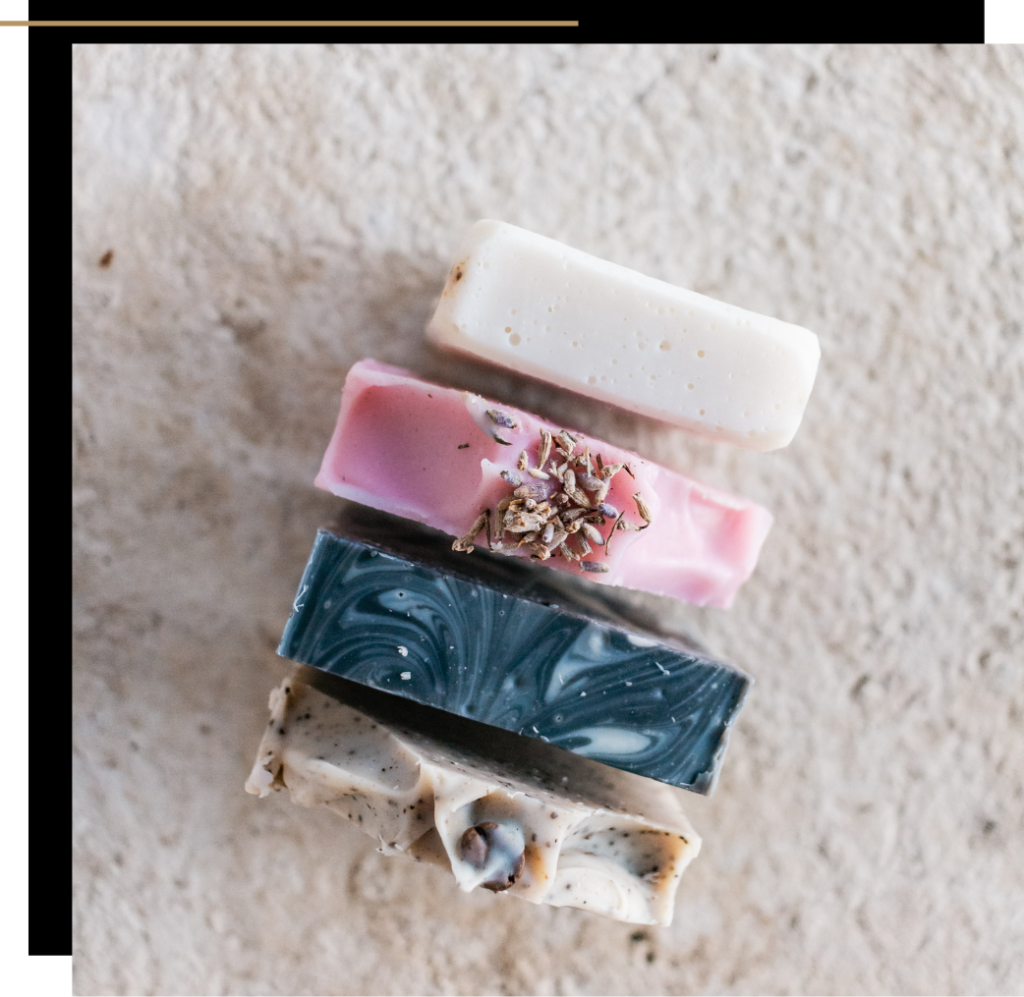

Glass Over Plastic
I’m all for switching to shampoo bars but if that doesn’t work for you, do try to opt for products with glass packaging as it’s 100% recyclable. I love glass packaging anyway since it feels so much heavier and more luxurious than plastic! Many of my favorite luxury moisturizers come in glass packages which I can then recycle.

Go Cruelty Free
Going cruelty free is a major step in creating a more ethical beauty routine. However, there’s currently no legal definition of cruelty free and so many brands use this as a marketing ploy. Just because a final product is cruelty free doesn’t mean that the ingredients weren’t tested on animals. Furthermore, many companies pay a third party to conduct tests in order to sell their products in China.
Happily, however, there are many amazing and genuinely cruelty free makeup and skin care brands out there. For more on this issue, make sure to read this in-depth article on cruelty free cosmetics.
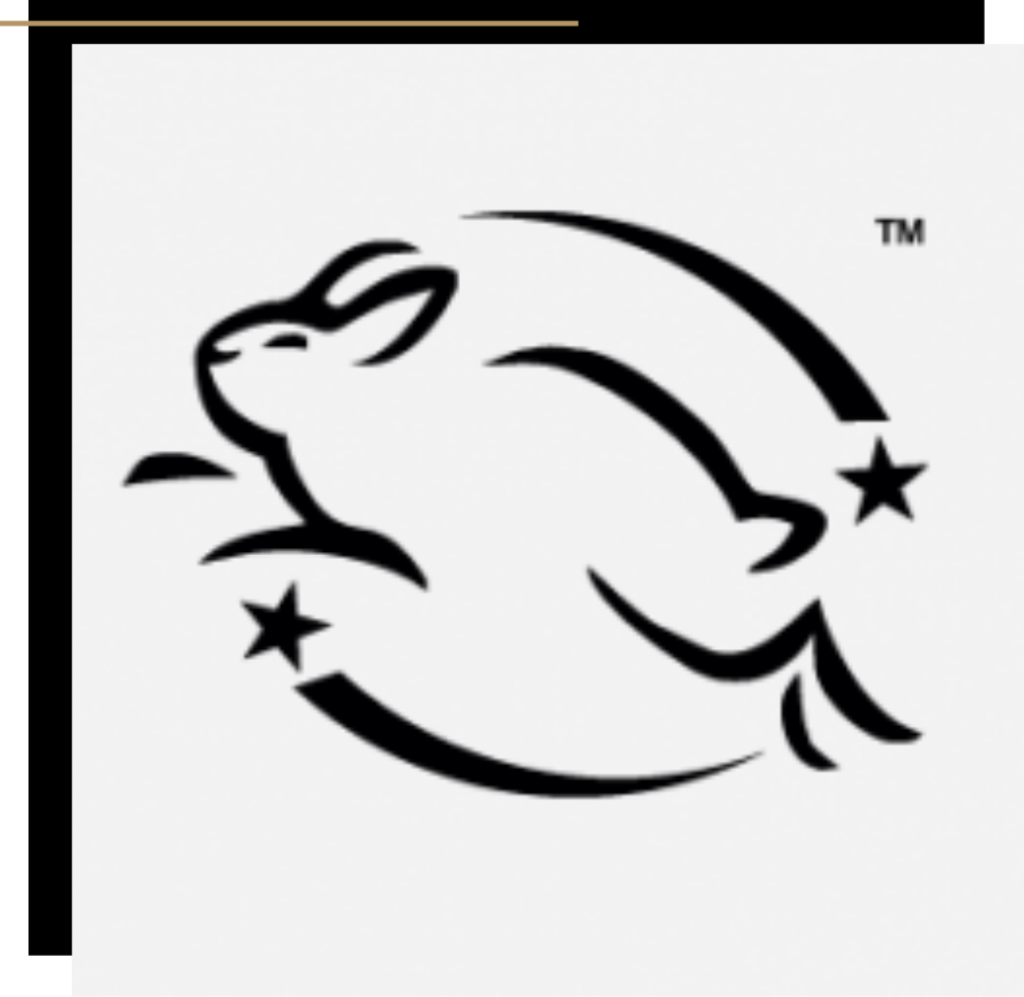

Clean Beauty
Switching over to clean beauty products can really benefit your health, since they’re formulated without any harmful or suspicious ingredients. However, the ethical benefits don’t end there: clean beauty brands are usually more sustainable and socially conscious than their traditional alternatives. For more on the clean beauty movement, check out this article.
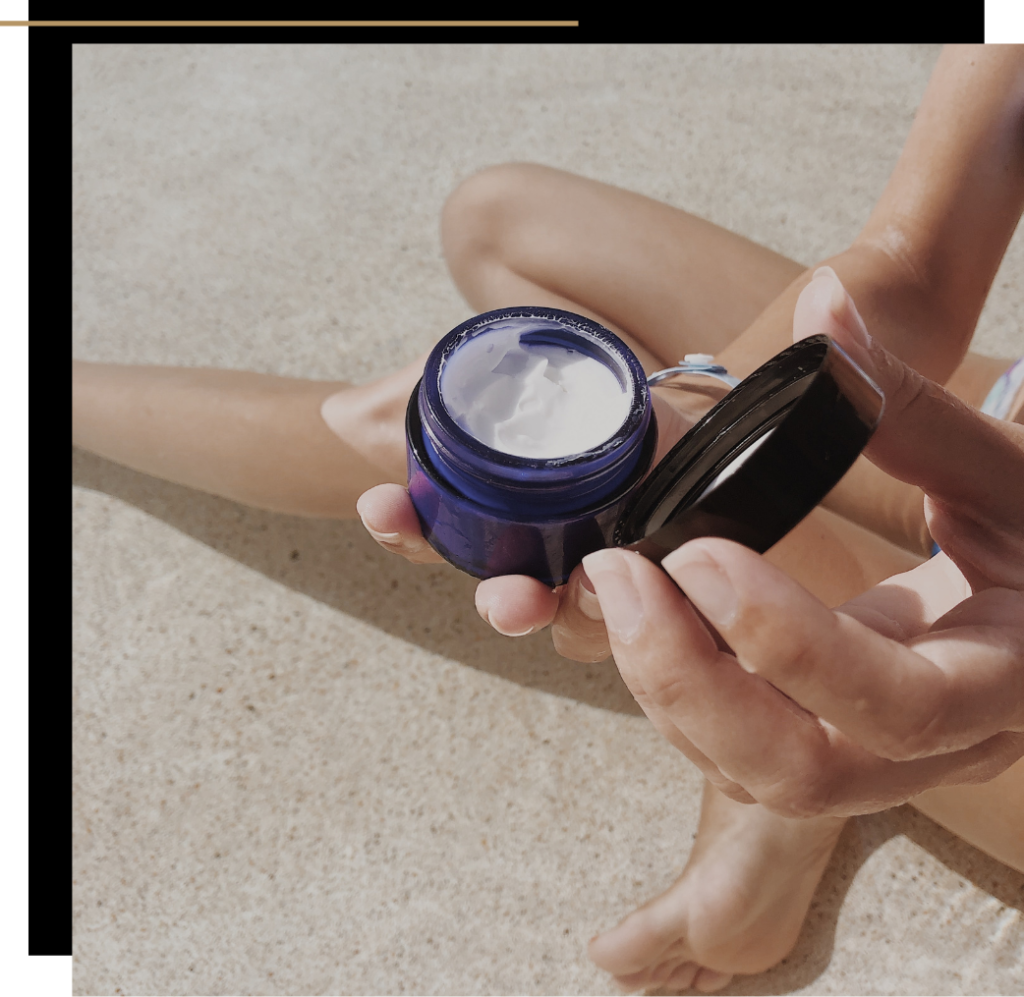

Switch to Natural Deodorant
Natural deodorant does not contain aluminium, which is good news for the planet since it’s not exactly a “green” ingredient. Aluminium production results in the emission of perflurocarbons (PFCs), which are greenhouse gases that contribute to global warming. Therefore, switching to an all-natural product is great news for the planet and your own health, too. This article contains all the information you need to know about making the switch.

Reusable Cotton Pads
If you like to remove your makeup using micellar water, reusable cotton pads are an amazing way of reducing waste. This helps to reduce the number of cotton pads that end up in landfill and in bodies of water, and it can even save you money in the long run, too.

Use a Balm or Oil Cleanser
Alternatively, using a balm or oil cleanser is a fantastic alternative to makeup wipes or micellar water. Balm and oil cleansers are amazing at removing dirt without stripping the skin; in fact, I totally credit the Inkey List Oat Balm Cleanser with saving my skin from dryness and dehydration this winter!

If you liked this post, you may also enjoy this article on cosmetic tourism and these life-changing skin care hacks.


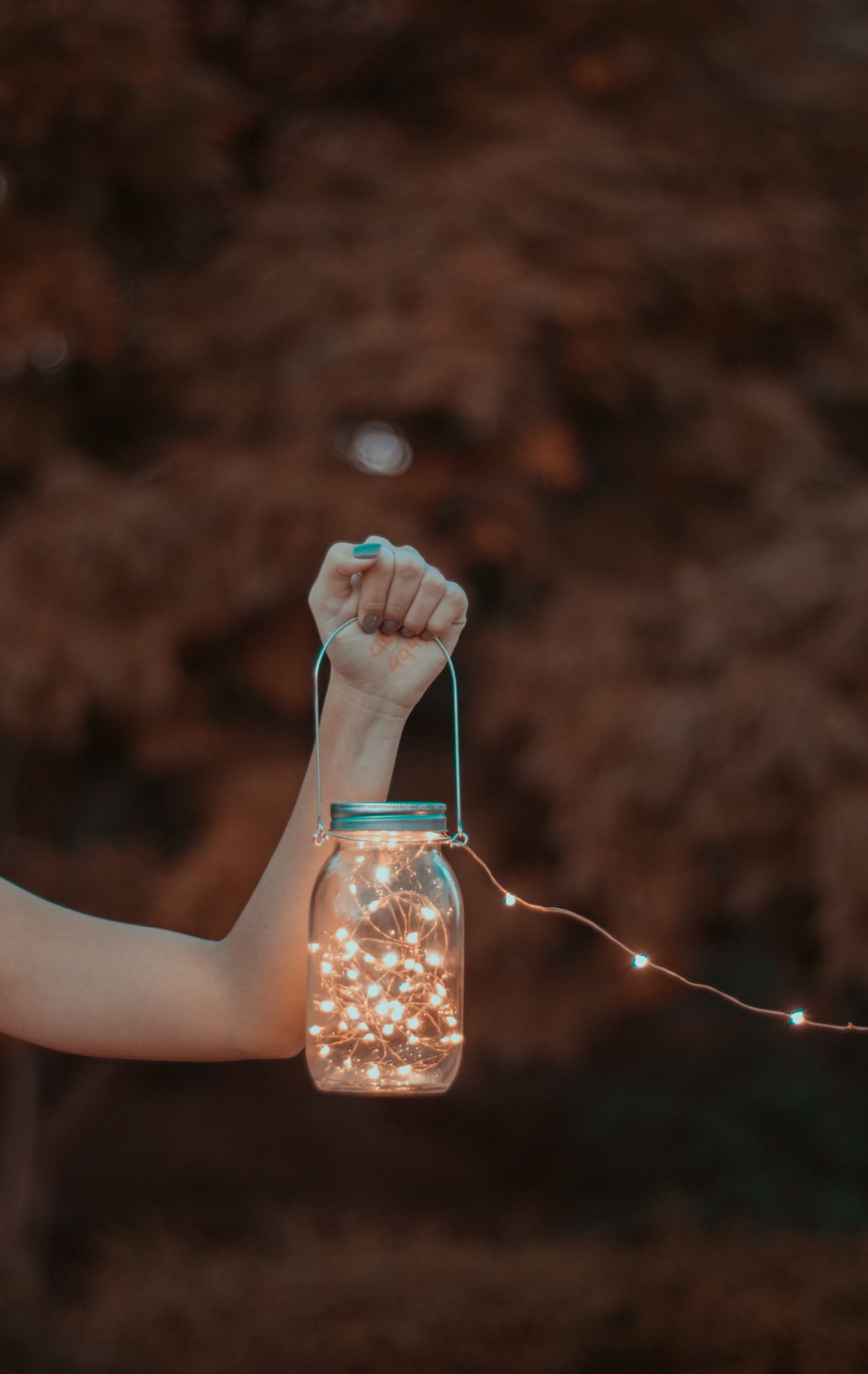

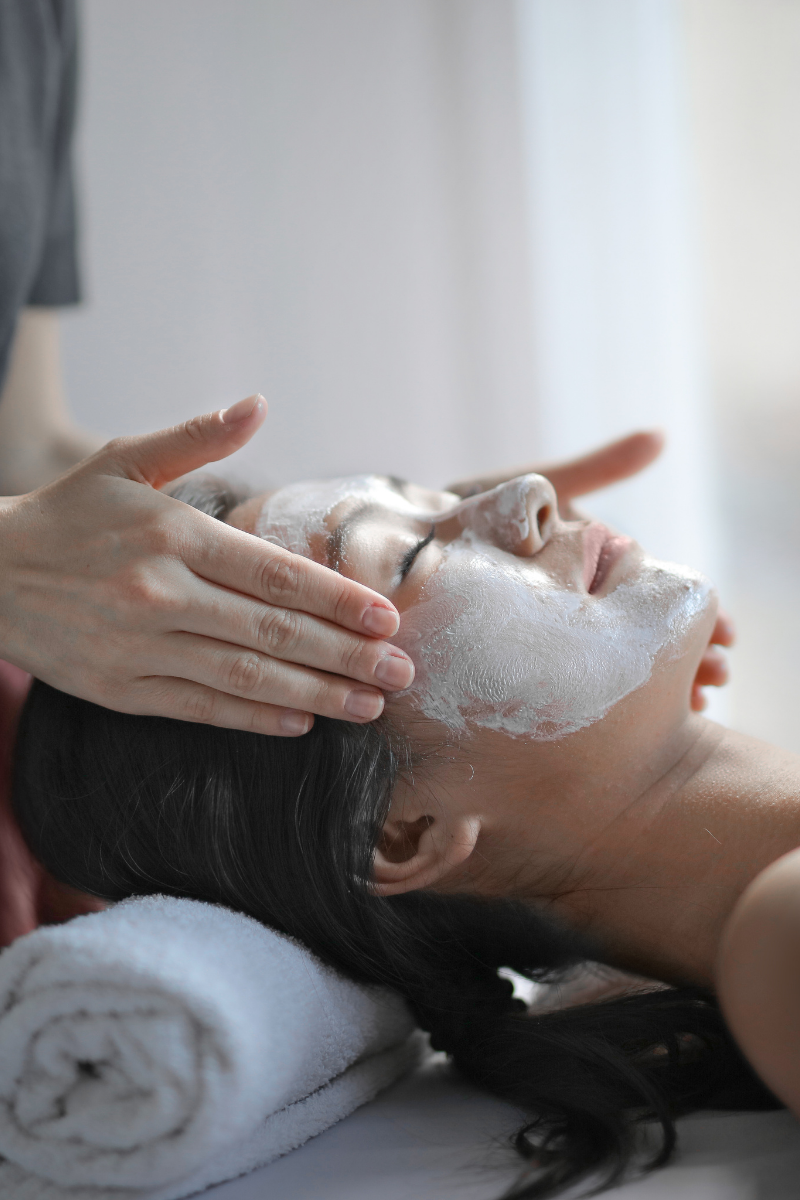
Comments +